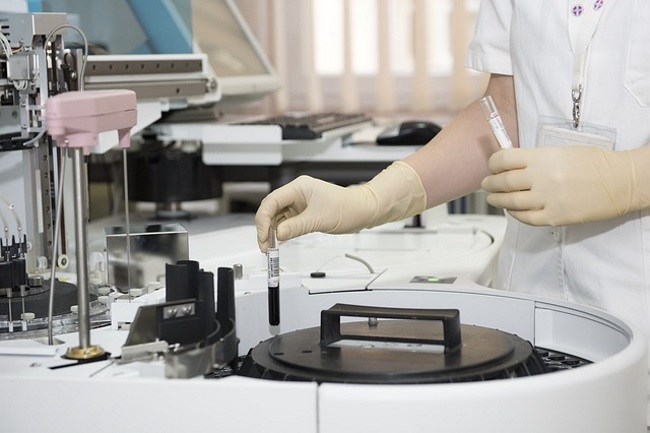Hospitals have a lot of people to treat daily. Between scheduled appointments, surgeries and emergencies, there’s an awful lot of people to see. With quality and easily accessible equipment, however, this may be a lot easier than you think. However, the key point to this is making sure that equipment is as accessible as possible. One of the key pieces of equipment that falls short of this is a portable suction machine.
While emergency rooms and other areas have suction machines that are built into walls, these can be useless when it comes to certain areas of the hospital. Because of that, portable suction machines become increasingly more needed across hospitals. This is most notable in certain areas of the hospital where they may be more needed. However, certain areas need them more than others as they’ll be in use a lot more in those specific areas.
Emergency Rooms
This is the most obvious place to have a portable suction machine. However, you’d be surprised at how many Emergency Rooms lack an adequate about of them. This may be because trauma rooms have walls with built-in suction. This, however, is no good for people outside of these trauma rooms and in other areas such as hallways. Because it can often be a vital part of providing critical care, this can often prove to be a disaster. With a certain amount of portable suction machines, though, emergency room staff will still be able to provide the appropriate amount of treatment for all of their patients.
Nurses Stations
When a patient collapses, it can often be in an area that’s a little less than ideal for providing treatment. That’s where your nurses and nurse stations come into play. Since they’re spread out at regular intervals and topped up with a variety of treatments, they’re ideal for emergency patient treatment. This can end up significantly helping a patient who faints in a corridor because of a medical illness before they can be transported to where they need to go, such as the ER.
Because of that, a nurses station can be the perfect place to have some portable suction machines. After all, you wouldn’t refuse to provide nurses with other life-saving treatment options. Portable suction machines can also provide a pivotal role in stabilizing a patient before they can be safely transported for an evaluation.
Crash Carts
As we’ve mentioned several times already, a portable suction machine can be a critical tool in a life-saving situation. In that role, it can often be compared to the likes of a defibrillator. However, many hospital staff put preferential treatment to certain equipment, which can often be a serious mistake. With that in mind, it’s well worth having a portable suction machine in your crash carts. After all, you can never tell when you may need it in a life or death situation.
ICUs
Any intensive care unit nurse can tell you how vital a portable suction machine can be in their day to day lives. The most extreme case when they may be needed would be in the case of power failure. In the case of the superstorm Sandy, New York City had a difficult decision to make in whether or not it should turn off the power grid. Eventually, utility company ConEd did so, but the New York University Langone Medical Center’s auxiliary generator wouldn’t start.
Because of that, medical staff had to scramble to stabilize their patients. One of the most useful tools that they had to hand were portable suction machines, which ended up proving to be essential when it can to saving many of their Intensive Care Unit’s patients lives. If it wasn’t for these suction machines, it’s possible that many patients would have suffered for it. Because of that, portable suction machines can prove to be an effective safety measure in the rare case of power failure in a hospital.
Due to how important a portable suction machine has proven to be, it’s essential that you ensure that your hospital has enough of them, especially in specific areas around the hospital. They can save lives just as much as defibrillators and other medical tools, so why would hospital staff treat them any differently?
